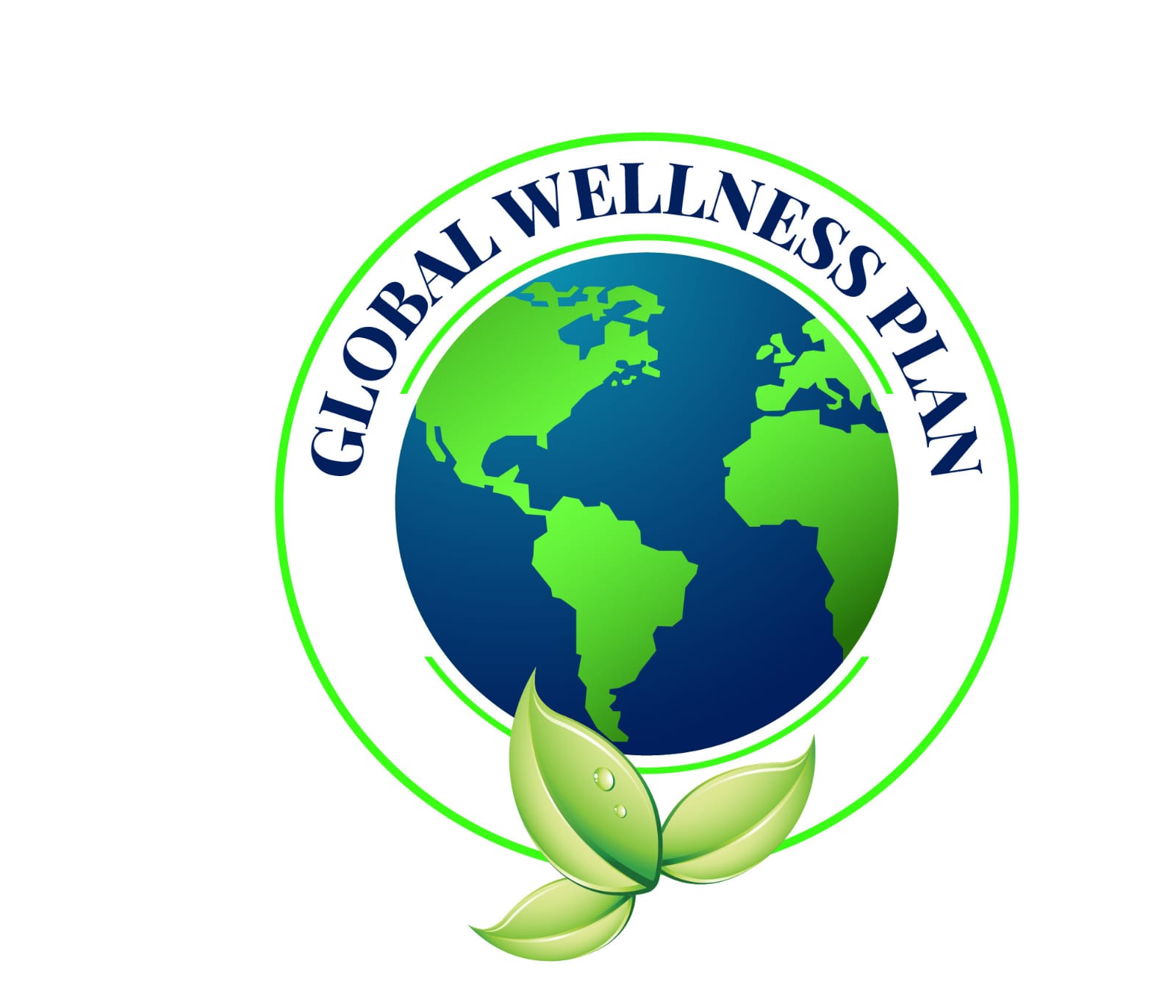frequently asked questions
01.
Can acupuncture treat my shoulder and low back pain?
Acupuncture is often used as a complementary therapy to alleviate shoulder and low back pain. While some people find relief from these conditions through acupuncture, its effectiveness can vary from person to person. It's essential to consult with a qualified acupuncture practitioner to determine if it's an appropriate treatment option for your specific case.
02.
Can acupuncture treat Alzheimer's, cerebral palsy, stroke, and other neurological disorders?
Acupuncture is primarily used for symptom management and improving quality of life in neurological disorders like Alzheimer's, cerebral palsy, and stroke. It cannot cure these conditions, but it may help with managing symptoms such as pain, muscle spasms, and stress. Consultation with a healthcare provider experienced in acupuncture is advisable to explore its potential benefits in your specific neurological condition.
03.
Can acupuncture and herbal medicine treat infertility?
Acupuncture and herbal medicine are sometimes used as complementary therapies to address infertility issues. These therapies may help by promoting relaxation, reducing stress, and improving overall well-being, which can indirectly impact fertility. However, the effectiveness of these treatments can vary, and they should be used in conjunction with conventional medical approaches for infertility.
04.
What are the health benefits of practicing Medical Qigong?
Medical Qigong is a traditional Chinese practice that involves physical movements, breath control, and meditation techniques. Its health benefits can include improved relaxation, reduced stress, better posture, enhanced flexibility, and increased energy levels. However, its effectiveness may vary from person to person, and it is not a substitute for medical treatment when needed.
05.
Can food heal you?
While food can play a significant role in maintaining good health, it cannot "heal" serious medical conditions on its own. However, a balanced and nutritious diet can support overall well-being and may help prevent certain health issues.
06.
Can better sleep help you lose weight?
Better sleep can contribute to weight management by regulating hormones that control appetite and metabolism. Chronic sleep deprivation can disrupt these hormonal processes, potentially leading to weight gain. So, improving sleep quality can be a valuable aspect of a weight loss strategy.
07.
Can acupuncture help with menopause?
Acupuncture is sometimes used to alleviate symptoms associated with menopause, such as hot flashes, mood swings, and sleep disturbances. It may help some women manage these symptoms, but its effectiveness can vary. Consultation with a qualified acupuncture practitioner is advisable.
08.
Can Medical Qigong be administered remotely?
Medical Qigong can be practiced remotely through telehealth or online sessions with a qualified instructor. While some hands-on techniques may be limited in remote practice, many aspects of Medical Qigong, such as breath control and meditation, can be effectively taught and practiced remotely.
09.
Can acupuncture and herbal medicine aid in weight loss?
Acupuncture and herbal medicine may be part of a holistic weight loss program, as they can help address issues like appetite control and stress management. However, they are not standalone solutions for weight loss, and a comprehensive approach involving diet, exercise, and lifestyle changes is typically necessary.
10.
What are the health benefits of practicing Tai Chi?
Tai Chi is a mind-body practice that offers various health benefits, including improved balance, flexibility, muscle strength, and mental clarity. It can also help reduce stress and anxiety while promoting relaxation and overall well-being. Regular practice of Tai Chi is associated with better physical and mental health.
Get In Touch With Us Still Have Any Question
For Any questions, and inquiries. Please feel free to get in touch with us


